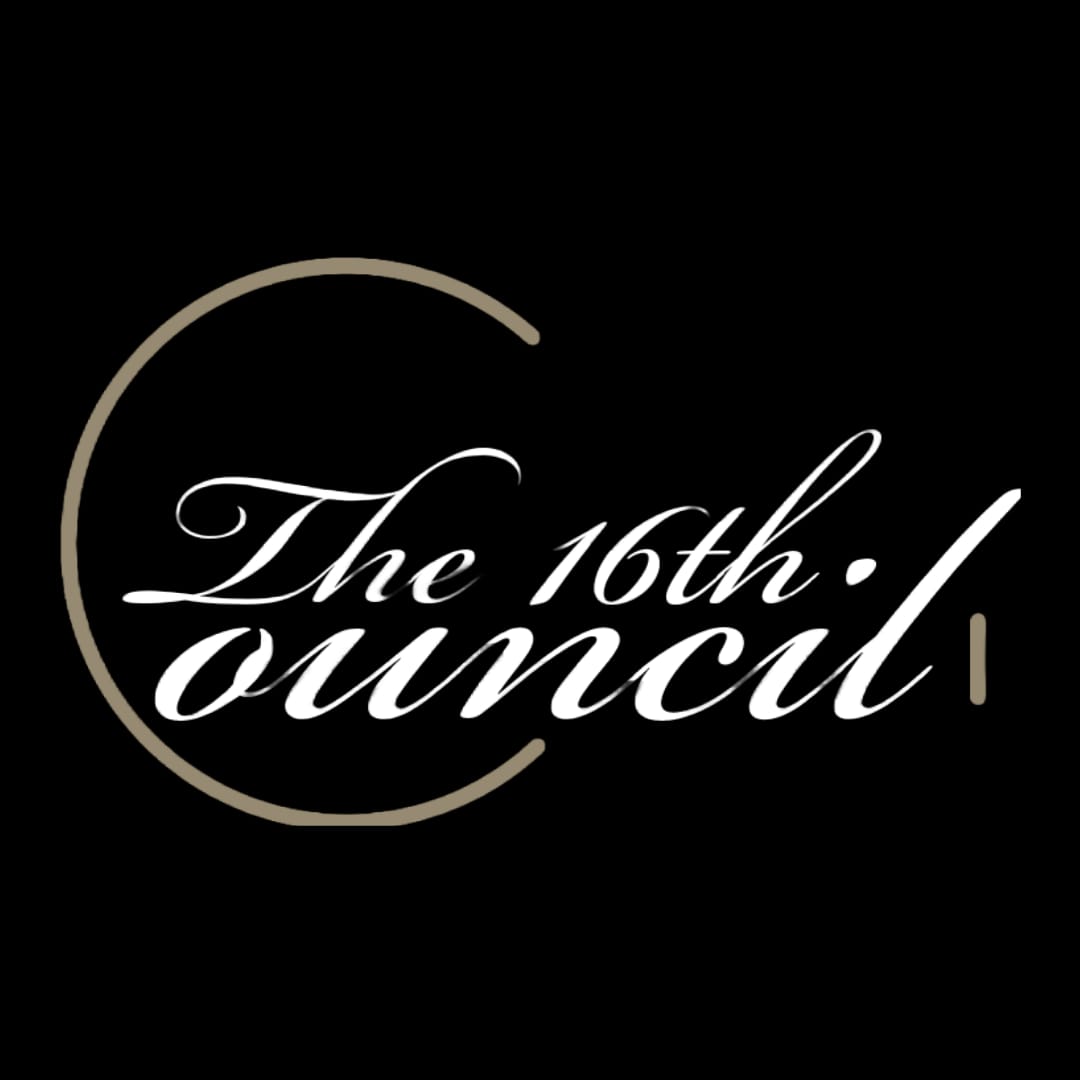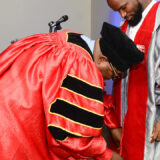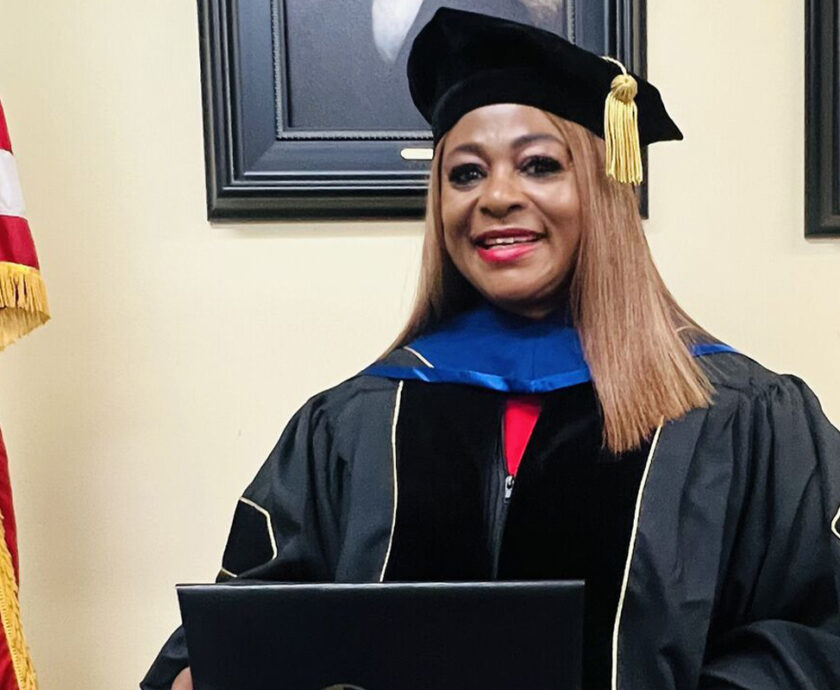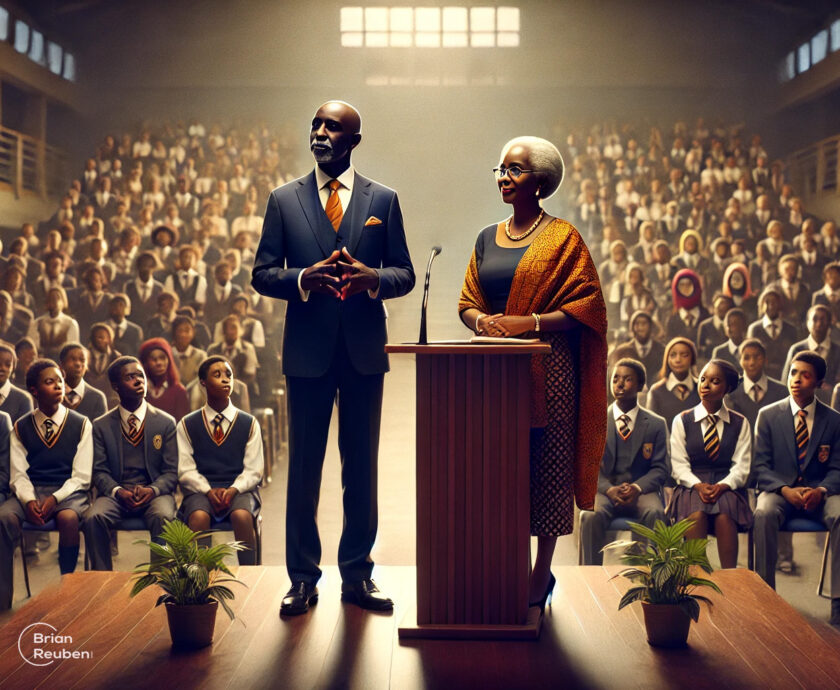Written By Regina Roundtree-Wekesa
In today’s rapidly evolving world, education systems face increasing pressure to prepare students for challenges that extend beyond academic subjects. As technology continues to reshape industries and society, students must develop key competencies—such as critical thinking, communication, and collaboration—that will help them thrive in an uncertain future. One of the most effective ways to build these skills is through debate. Though often seen as a specialized activity, debate offers profound benefits that can enhance students’ academic success, personal growth, and engagement with society.
At Brian Reuben Projects International, our mission is to advance educational programs that empower young people to become leaders, innovators, and active citizens. Our focus on helping students reach their potential is aligned with teaching debate skills to middle school students, which fosters critical thinking, effective communication, and meaningful community involvement.
Developing Critical Thinking and Problem-Solving Abilities
One of the key advantages of introducing debate into middle schools is its ability to sharpen critical thinking and problem-solving skills. Debate pushes students to evaluate multiple perspectives, analyze evidence, and construct well-reasoned arguments. This process fuels intellectual curiosity and encourages students to question assumptions in search of deeper understanding.
Research shows that students involved in debate programs exhibit stronger critical thinking skills compared to their peers. They become adept at synthesizing information from diverse sources and quickly recognizing logical flaws in arguments. These abilities are invaluable, both academically and in real-world decision-making scenarios, where analyzing complex information swiftly and effectively is essential.
Moreover, debate enhances problem-solving in a structured, hands-on way. In many cases, students are tasked with debating real-world issues, such as climate change or social inequality, requiring them to think creatively, weigh alternatives, and propose practical solutions. This approach cultivates the critical problem-solving skills that are increasingly sought after in today’s workforce.
Enhancing Communication Skills
At its heart, debate is a rigorous communication exercise. For middle school students, learning to express their ideas clearly and confidently is particularly important as they develop their ability to communicate effectively. Through debate, students learn how to structure arguments logically, present evidence persuasively, and speak with poise in front of an audience.
Effective communication is vital not only in school but throughout life. Whether in science, business, or the arts, the ability to articulate ideas clearly is a cornerstone of success. Students who master these skills during middle school are more likely to excel in high school, college, and their future careers.
Additionally, debate nurtures strong listening skills. Students must pay close attention to opposing arguments, identify their weaknesses, and formulate responses on the spot. This fosters active listening and empathy, as students engage with differing perspectives and develop a deeper understanding of complex issues. These skills help students appreciate diversity of thought and contribute to more meaningful, respectful discussions.

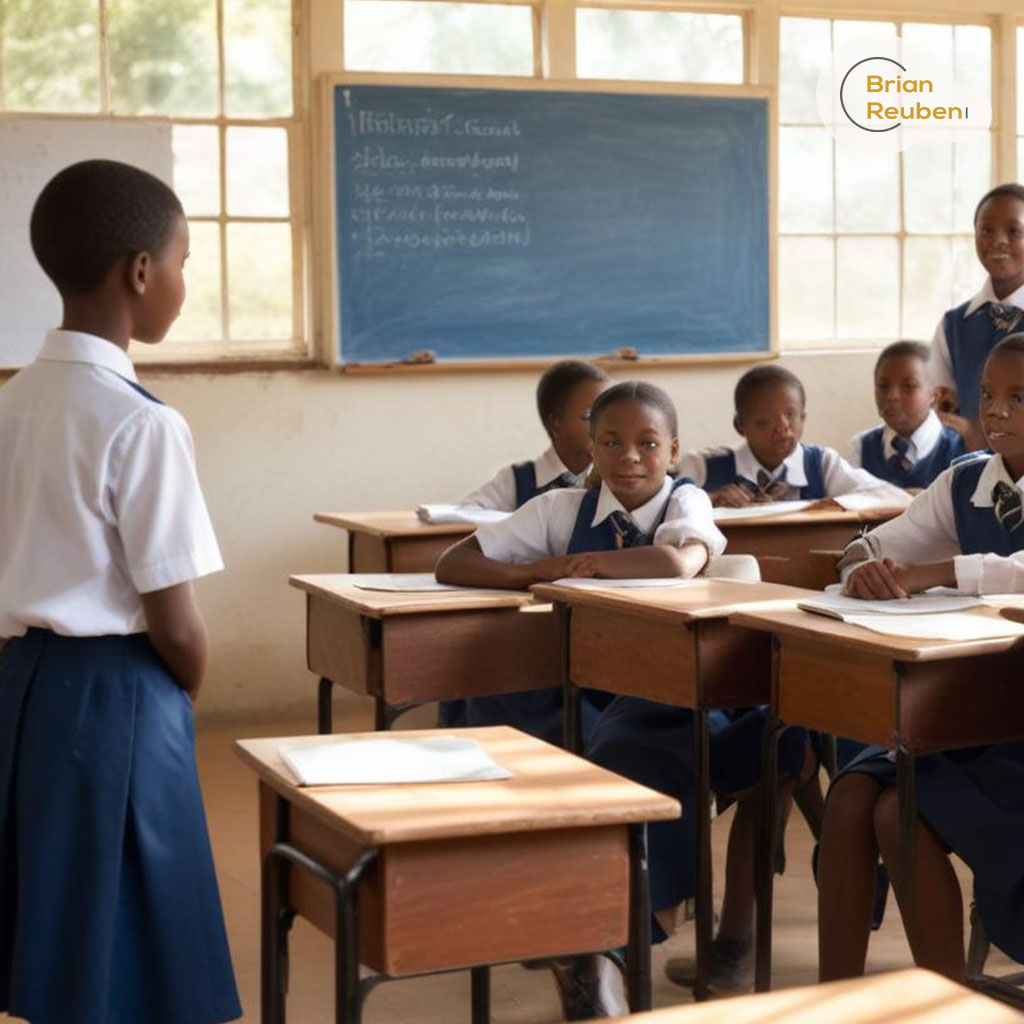


Programs and Scholarships
You defintely want to sign up for our BRPI Youth Engagement List. We send out news about scholarship and programs that we offer. We even share the latest scholarship offerings from other NGO’s around the globe.
Building Confidence and Resilience
Middle school is a pivotal stage in a student’s development, both academically and socially. During these formative years, students begin to explore their identity and face new social challenges. Debate can be instrumental in building self-confidence, as it encourages students to voice their opinions, defend their views, and engage in intellectual discourse.
Research supports the notion that debate participation enhances students’ confidence and self-esteem. Middle school students who engage in debate report feeling more assured in their abilities to speak publicly and assert themselves in discussions, skills that are crucial for academic success and social interaction.
Additionally, debate teaches resilience. Not every debate results in a win, and learning how to handle setbacks is a valuable lesson. Students who participate in debate experience both triumphs and defeats, learning how to handle both with composure and determination. This experience fosters a growth mindset—the belief that abilities can be developed through hard work and perseverance—which is vital for success in all areas of life.
Fostering Civic Engagement and Social Awareness
At Brian Reuben Projects International, fostering leadership and civic engagement among young people is a core component of our mission. Debate contributes to this goal by exposing students to a variety of social, political, and economic issues. It encourages them to think critically about the world around them and recognize the importance of their roles as informed citizens.
Debate topics often center on current events and public policy, offering students the chance to grapple with real-world challenges. This process not only sharpens their understanding of complex social issues but also inspires them to engage with their communities. Many students who participate in debate go on to become more active in civic affairs, whether through voting, volunteering, or community leadership.
Debating social and political issues also heightens students’ sense of social responsibility. As they argue for or against policies that affect healthcare, education, or the environment, they begin to grasp the ethical dimensions of decision-making. This awareness often translates into a commitment to social justice and advocacy later in life.
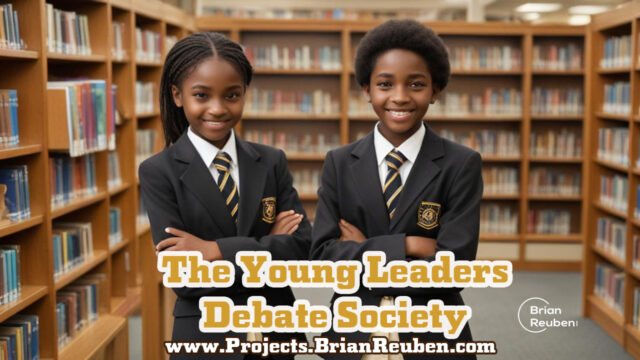
Conclusion
Incorporating debate into middle school education has the potential to bring transformative benefits that extend far beyond the classroom. Debate sharpens critical thinking, improves communication, builds self-confidence, and fosters civic engagement—all of which are vital skills for future leaders. At Brian Reuben Projects International, we believe that empowering young students with these abilities is essential for building stronger, more resilient communities across Nigeria, Western Africa and beyond.
As we continue to champion educational initiatives that prioritize leadership, entrepreneurship, and democratic values, integrating debate into the middle school curriculum remains a cornerstone of our strategy. Debate not only empowers individual students but also helps cultivate a more thoughtful, engaged, and responsible generation, prepared to tackle the challenges of tomorrow with confidence and skill.
#DebateSkills
#CriticalThinking
#YoungLeaders
#MiddleSchoolDebate
#CommunicationSkills
#StudentEmpowerment
#AcademicGrowth
#SelfExpression
#FutureLeaders

